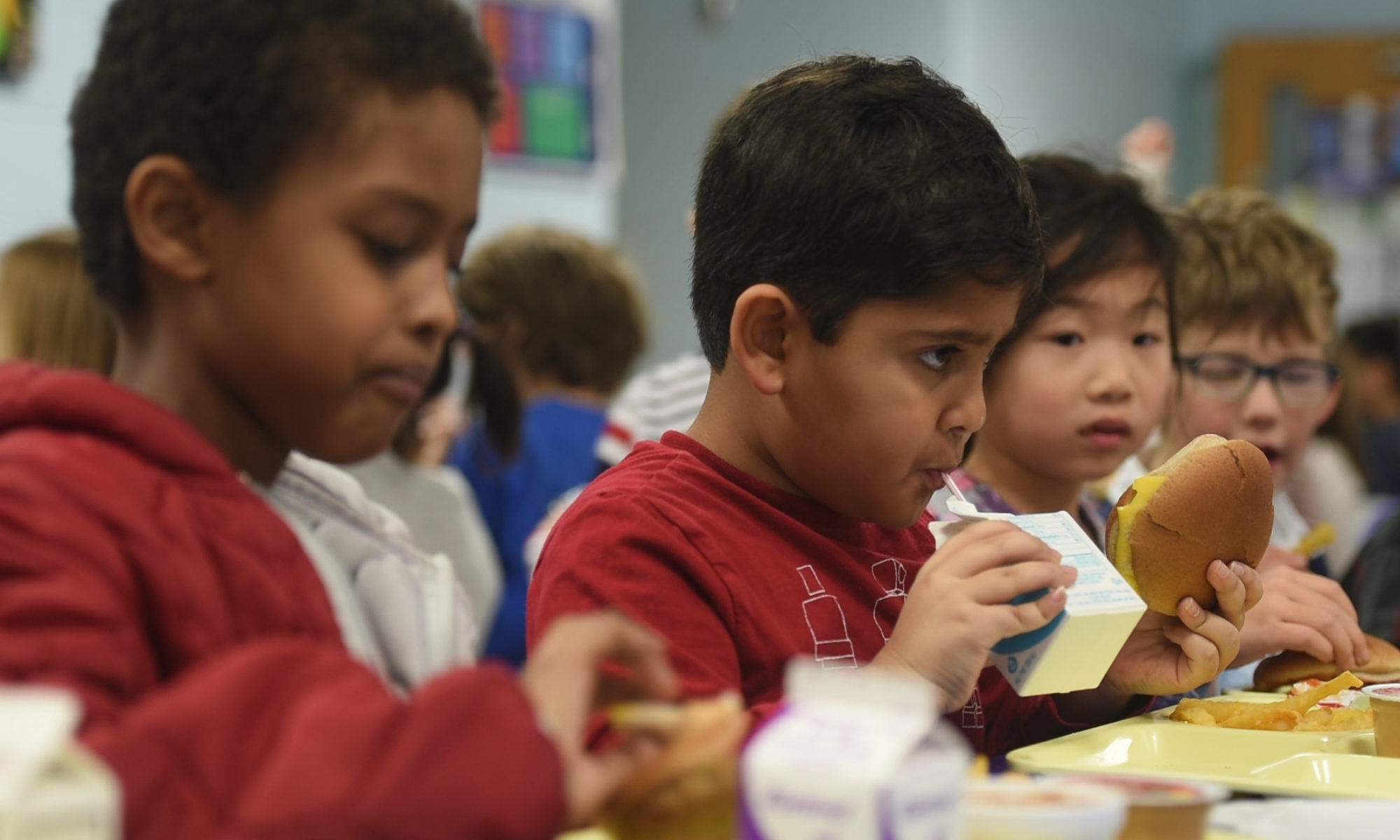Name: Siddanth Narumanchi
Parents country of origin: India
Age: 7
I was waiting in my car outside the Hindu Religious and Cultural Center when a black SUV pulled into the parking lot. A woman dressed in a dazzling purple sari and a young boy stepped out of the car. Having met her before, I knew this was Janani and her son Siddanth. “Namaste,” the little boy said with a palpable energy. Speculating this was the traditional Indian greeting, I smiled and introduced myself to Siddanth who took no time warming up to a stranger he saw for the first time. “Today, we’re celebrating my birthday,” he said. “We have pizza and cake for everyone.”
For the next couple of hours, I watched Siddanth reciting prayers, listening to stories, and interacting with other children from the Indian community who visit the Hindu temple on a weekly basis. “When he sees similarity, it is easy for him to adapt and get to know the Indian culture,” Janani said.
Born in India, Janani and her husband, TaraChandra, who both work as pediatricians, moved to the United States at different times. TaraChandra immigrated at a young age with his family, while Janani joined him in 1995 after an arranged marriage. Unlike her husband, Janani had a hard time coming to terms with her transition across continents and cultures.
Her account of that period is encapsulated in the nostalgia, the spotty communication, and the high cost of international calls. Yearning for the reminders of home, she found solace in her parents’ emails and the company of her doting husband who accommodated her emotions and helped keeping her homesickness at bay.
During our following meetings, Janani shared with me another intimate period of her life. She opened up about her journey to motherhood, one that took 15 years and more than a dozen miscarriages to come to light. She also insisted to have her seven-year-old son, albeit his frequent interruptions, listen to the journey that preceded his birth. “I want him to hear the story,” she said to her husband who offered taking Siddanth to another room so that we can talk.
Janani explained that their son’s Hindu name was deliberately picked not only to remind him of his Indian roots; it also symbolizes a promise to God and a sense of gratitude on their end for having a child after long years of trying. “They picked the perfect name for me,” Siddanth said with a big smile on his face. “I was named after God.”
Refining a delicate balance between two cultures themselves, the grateful couple shared a firm desire to walk that fine line with their child. They wanted Siddanth to have the same unwavering commitment to their faith and heritage while embracing the American culture.
This family’s attachment to their homeland can be gleaned from their vibrant Indian costumes, their house style, their food, and rituals. Upon entering their residence, visitors are greeted with pictures and statues capturing the remarkable essence of Hinduism. The house also features a prayer room for daily spiritual practices and prayers attesting to their religion notable emphasis on home worship.
Another act of devotion to their faith is exemplified in their diet. In keeping with the Hindu principle of non-violence, they are steadfast vegetarians. Janani recounts teaching Siddanth at an early age what that meant especially that this aspect needed special accommodation in his daycare.
When I asked Siddanth about India, he recalled vividly every detail about the country he only visited twice, one of which was beyond his recollection at the age of two. His first thoughts centered on his grandparents and how sad he was when it was time to leave. From that moment onwards, our conversation was flowing smoothly back and forth. It took Siddanth no time to answer the question, “Do you see yourself as Indian or American?” He simply and promptly said that he considers himself Indian first then American.
During my following visits, I witnessed the strong presence of India’s culinary culture. On a cold January day, Janani invited me over lunch only to find myself marveling at a feast of basmati rice, baby eggplants stewed in spices, chewy, creamy paneer, and aromatic dal served with India’s famous and Siddanth’s favorite bread “poori.” Making sure I had second and third servings, Janani told me that homemade Indian food is a fixture most of the days. They nonetheless enjoy American, Italian, and Mexican cuisines.
Similarly, the family reached a compromise on another aspect caught in the juggling act between two cultures. Exhibiting a baffling range of linguistic diversity, India is home to more than 20 languages. This begged my next question to Janani about passing their mother tongue to Siddanth. Given that both she and her husband grew up in different parts of India speaking different languages, Janani explained that they found a common ground in using English as their daily default.
In that sense, the family saw this cross-cultural hybridity as a blessing. It is not about choosing one over the other. Both cultures rather complement each other. The result is nothing short of peacefulness and warmth exemplified in carrying their roots with pride while embracing life in America, the place they consider as their home, wholeheartedly.
